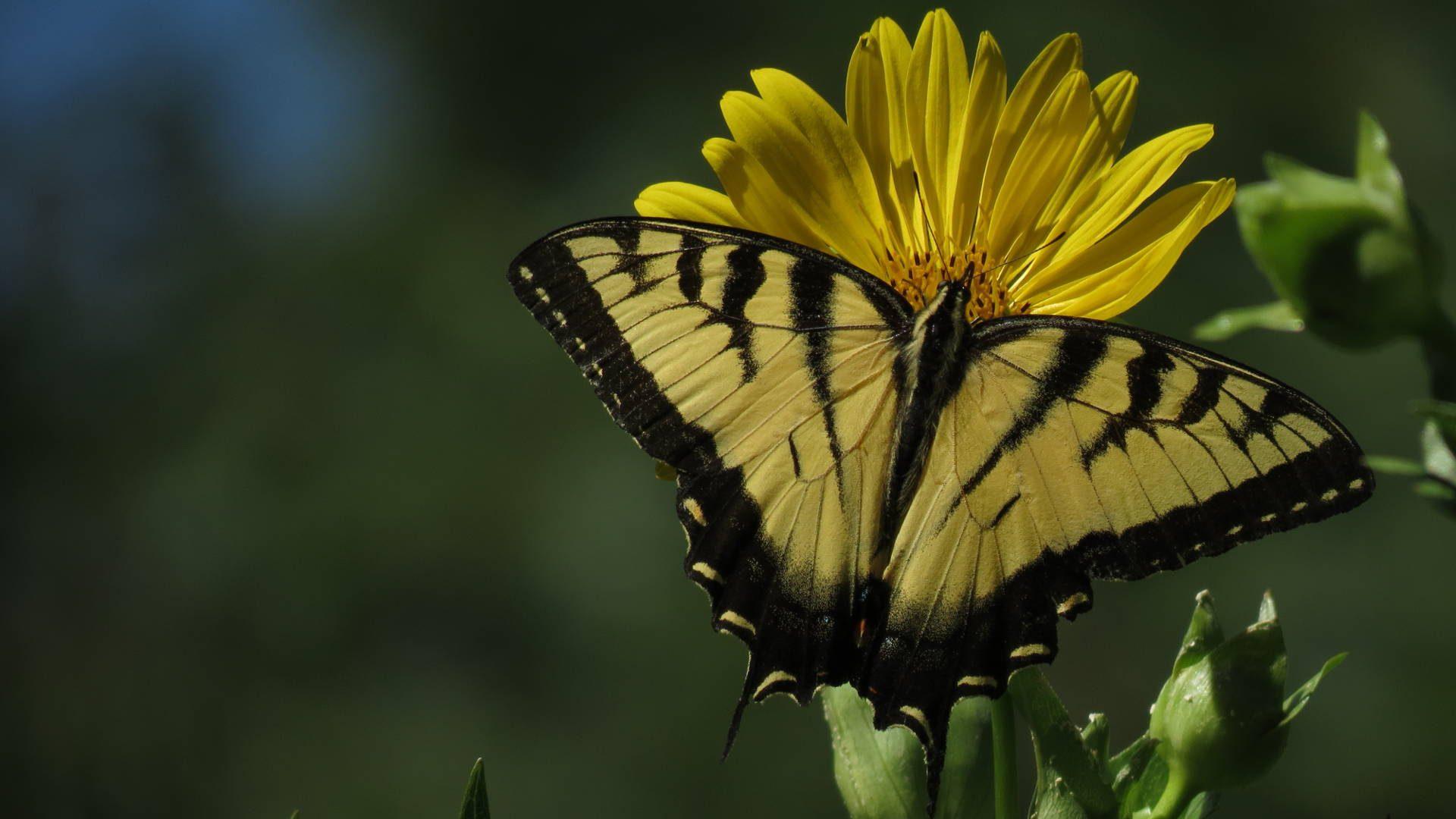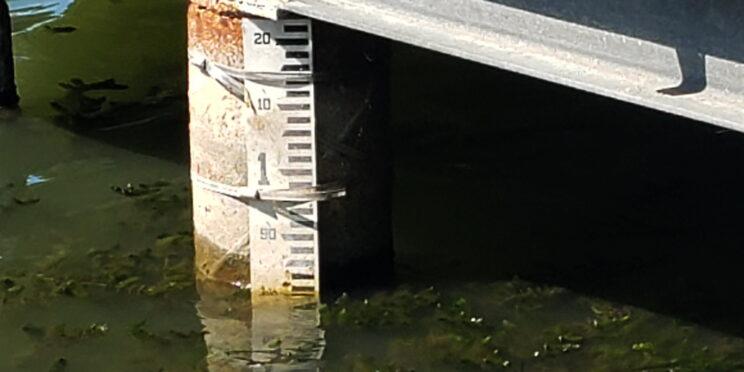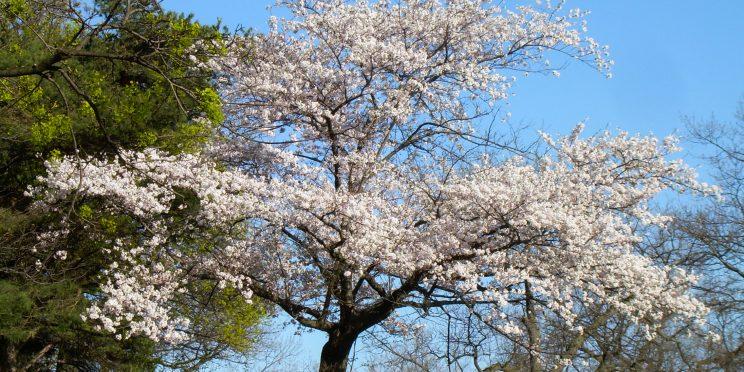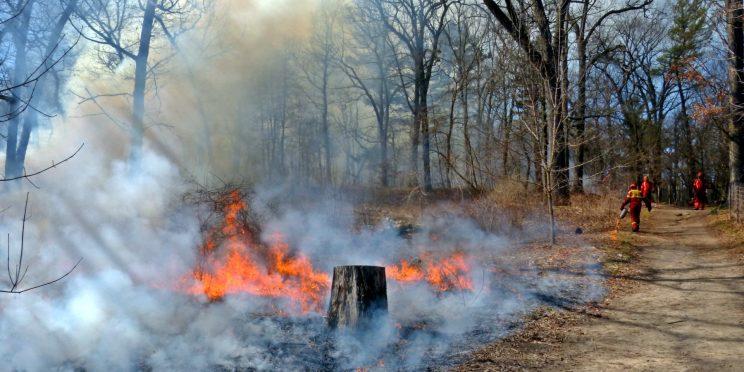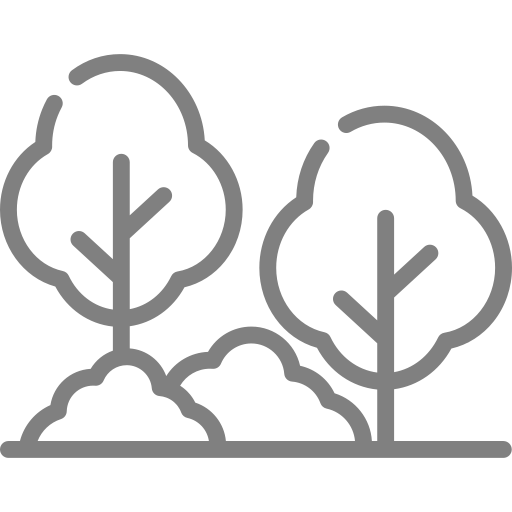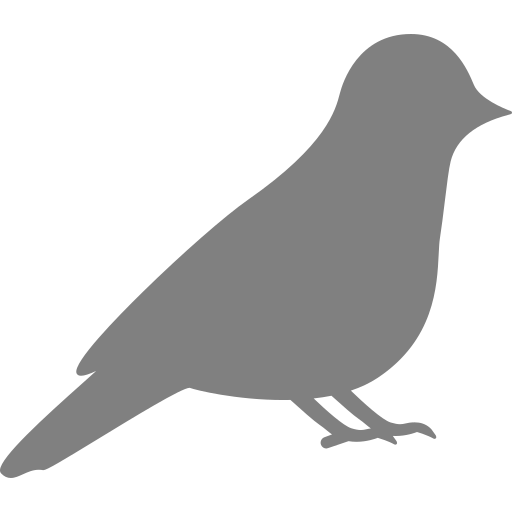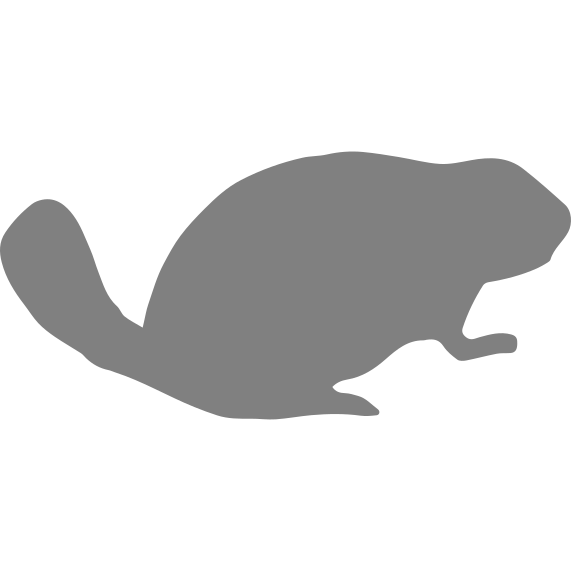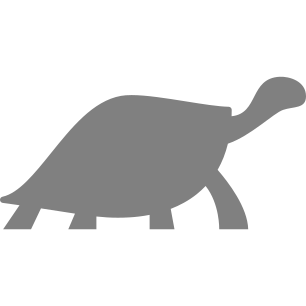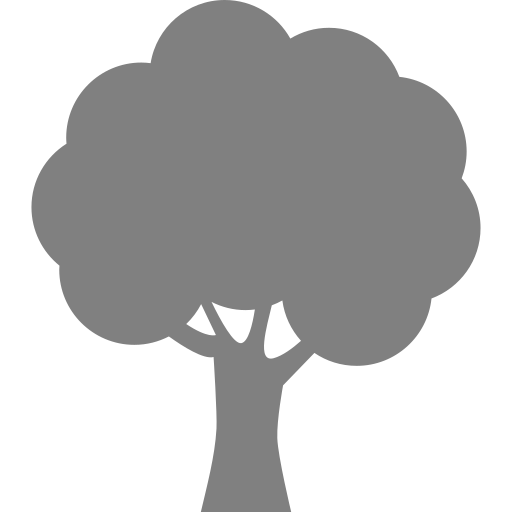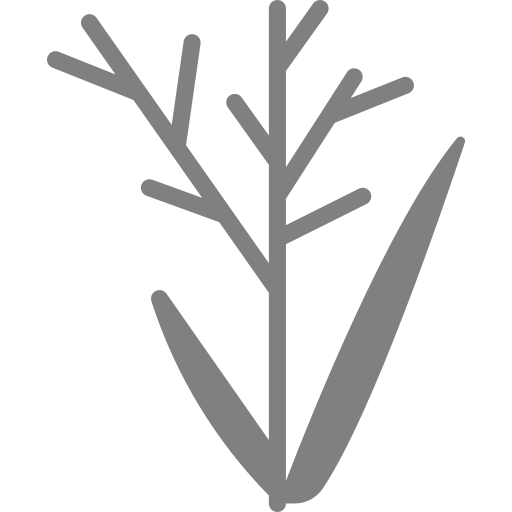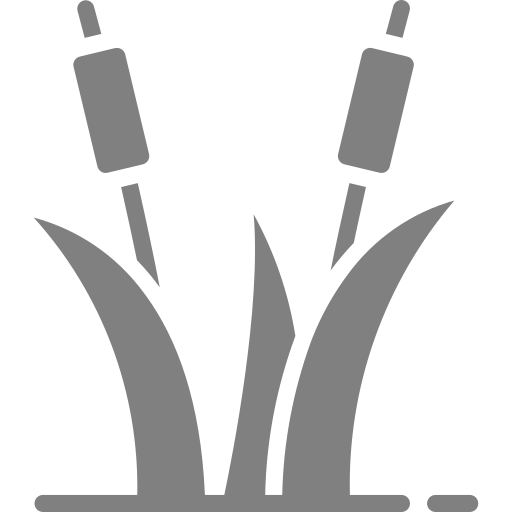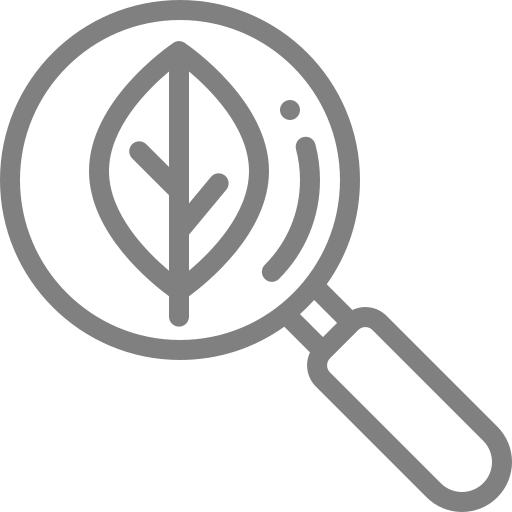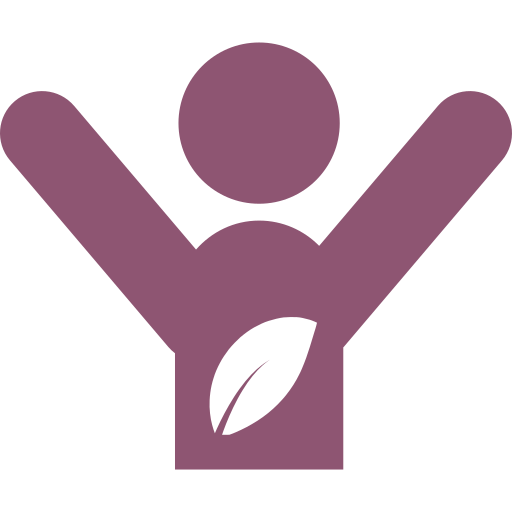Sightings
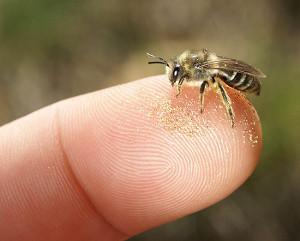
Spring Bees
Cellophane bees are one of the first insects you can see in the dry open areas of the oak savannah. Read more about bees in High Park »
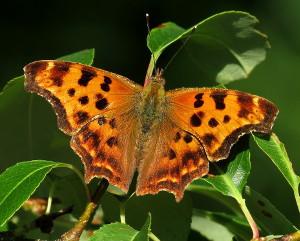
Butterflies in Spring
Eastern Commas are one of the park's earliest butterflies. They fly on warm spring days after overwintering as adult butterflies, hibernating in tree bark cracks and other crevices. Read more about butterflies in High Park »
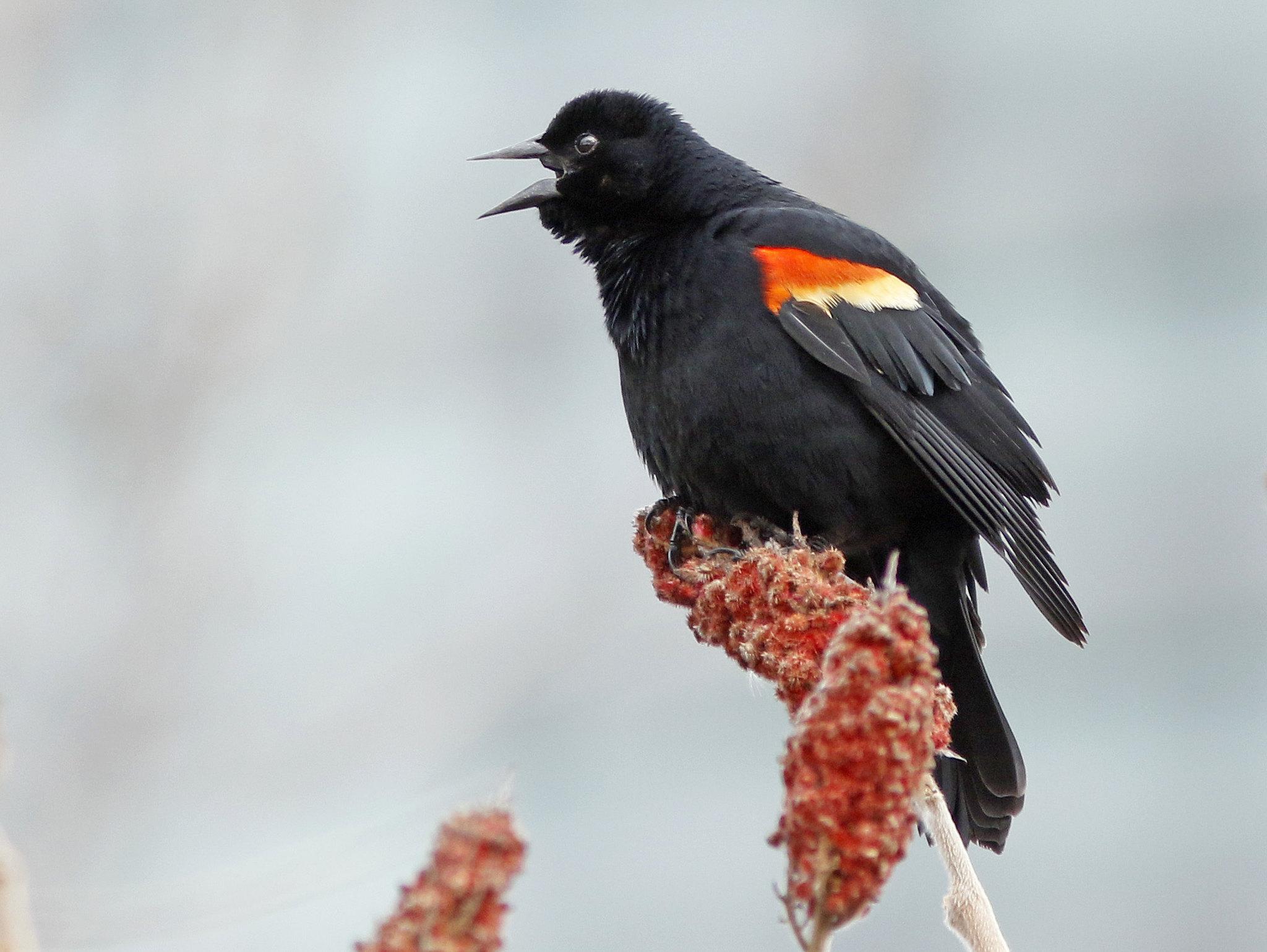
Setting Up Territory
Red-winged blackbirds, robins, cardinals - and many more! High Park's resident breeding birds are already busy establishing their territory. Read more about birds of High Park »
What's New?
Monitoring Water Levels At Grenadier Pond
Sakura – Cherry Trees in High Park How this Japanese tradition came to High Park.
Traditional and Prescribed Burn Thursday, April 17, 2025
Volunteer Opportunities
You can help protect High Park
Your voice as a concerned citizen lends weight to issues that matter to you, the community and the park as a whole.
If you see any behaviour infractions, dead animals, safety hazards or other problems in the park, call 311 or email 311@toronto.ca. More key contacts.
Make a difference by volunteering with High Park Stewards or the Natural Environment Committee.

